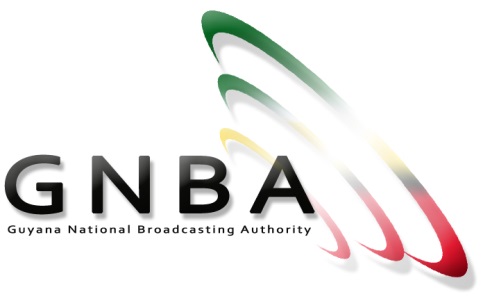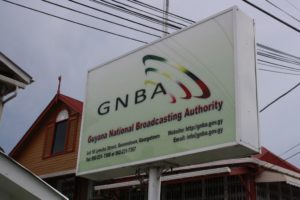Guidelines to be adhered to by all On Air staff in relation to the coronavirus disease 2019 (COVID-19)- CBU
Source: Caribbean Broadcasting Union (CBU)
- 1. No information is to be given on air that has not been approved by the programmes manager, who may from time to time be represented by a producer or by the editorial staff. In other words, presenters cannot do their own research and present information which is not signed off by the programmes or editorial leadership.
- 2. This does not mean that information from REPUTABLE news sources cannot be used. Reputable news sources for these purposes include: The BBC, AP, REUTERS, CNN, CMC, National or International “reputable” newspapers.
- 3. Should presenters come into the knowledge of information from other sources, they are required to clear it with the programmes manager or representative or from the editorial department.
- 4. Presenters should not offer public health or medical advice as they are not trained or qualified to do so. This does not mean that a presenter could not quote a professional or a professional publication in discussing a matt
- 5. Our platforms are trusted and believed so presenters must not be flippant or speak frivolously about signs, symptoms, transmission, treatment and prevention tips for COVID-19.
- 6. Presenters are not allowed to offer their opinion on medical opinions put into the public domain. Medical matters are a part of a science, not opinion, feelings or gut reactions.
- 7. Presenters in this period should not quote sources in social media on the health issues unless those are the clear (not fake) handles of the Ministry of Health, other Health Authorities like the World Health Organisation (WHO),The Pan American Health Organisations (PAHO) or the Caribbean Public Health Authority (CARPHA).
- 8. There are many speculative things being shared in all the social media spaces about COVID-19. Presenters should not be sharing any of these speculations – even with qualification that they are speculations.



